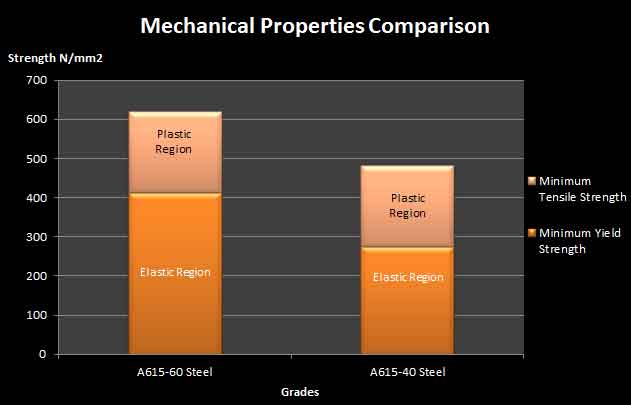Impact of Materials Science and Engineering
New materials have been among the best feats of each age and they’ve been central to the expansion, wealth, security, and standard of living of humans since the start of history. It is generally new materials that open the door to new technologies, whether or not they are in civil, chemical, construction, nuclear, aeronautical, rural, mechanical, biomed or electric engineering. Materials scientists and engineers remain in the vanguard of all these and plenty of other areas of science, as well.
Materials science and engineering influences our lives every time we buy or employ a new gizmo machine, or structure. The dictionary definition of the educational field of Materials Science & Engineering originates from an awareness concerning the each application of materials : it’s the properties of the material that give it value. A material could be selected for its strength, its electric properties, heat resistance or corrosion, or a large number of other reasons ; but all of them relate to properties. Experience shows that all the helpful properties of a material are closely related to its structure, at each level, including which atoms are in evidence, the way the atoms are joined, and how groups of atoms are prepared across the material. Most vitally, we discover how this structure, and the ensuing properties, are managed by the processing of the material. Eventually materials must perform their jobs in a cost-effective and societally responsible demeanour.
Understanding the relations between properties, structure, processing and performance makes the Materials Engineer the master of the engineering universe.







